Programming WCF Services. Design and Build Maintainable Service-Oriented Systems. 4th Edition Juval Lowy, Michael Montgomery
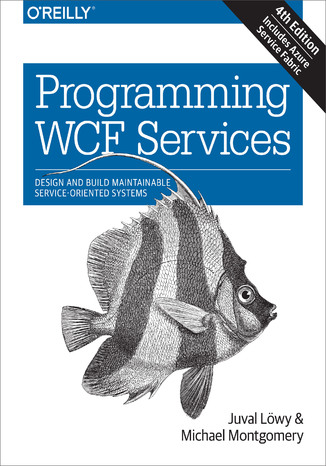

- Autorzy:
- Juval Lowy, Michael Montgomery
- Wydawnictwo:
- O'Reilly Media
- Ocena:
- Stron:
- 1018
- Dostępne formaty:
-
ePubMobi
Opis
książki
:
Programming WCF Services. Design and Build Maintainable Service-Oriented Systems. 4th Edition
Programming WCF Services is the authoritative, bestselling guide to Microsoft’s unified platform for developing modern, service-oriented applications on Windows. Hailed as the definitive treatment of WCF, this guide provides unique insight, rather than documentation, to help you learn the topics and skills you need for building maintainable, extensible, and reusable WCF-based applications.
Authors Juval Löwy—one of the world’s top .NET experts—and Michael Montgomery have revised this edition to include the productivity-enhancing features of .NET Framework 4.6, along with the latest WCF ideas and techniques. By teaching you the why and the how of WCF programming, this book will help you master WCF and make you a better software engineer.
- Learn WCF’s architecture and essential building blocks, including key concepts such as reliability and transport sessions
- Use built-in features such as service contracts, instance and concurrency management, transactions, queued services, and security
- Increase the quality of your WCF services by using design options, tips, and best practices in Löwy’s ServiceModelEx framework
- Understand the rationale behind particular design decisions, and rarely understood aspects of WCF development
- Learn why Azure Service Fabric is the killer app for modern DevOps
Wybrane bestsellery
O'Reilly Media - inne książki
Dzięki opcji "Druk na żądanie" do sprzedaży wracają tytuły Grupy Helion, które cieszyły sie dużym zainteresowaniem, a których nakład został wyprzedany.
Dla naszych Czytelników wydrukowaliśmy dodatkową pulę egzemplarzy w technice druku cyfrowego.
Co powinieneś wiedzieć o usłudze "Druk na żądanie":
- usługa obejmuje tylko widoczną poniżej listę tytułów, którą na bieżąco aktualizujemy;
- cena książki może być wyższa od początkowej ceny detalicznej, co jest spowodowane kosztami druku cyfrowego (wyższymi niż koszty tradycyjnego druku offsetowego). Obowiązująca cena jest zawsze podawana na stronie WWW książki;
- zawartość książki wraz z dodatkami (płyta CD, DVD) odpowiada jej pierwotnemu wydaniu i jest w pełni komplementarna;
- usługa nie obejmuje książek w kolorze.
Masz pytanie o konkretny tytuł? Napisz do nas: sklep@ebookpoint.pl
Książka drukowana


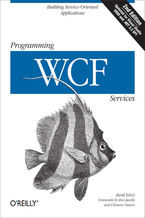

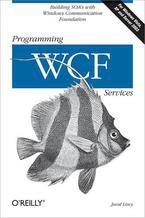
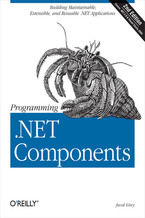

















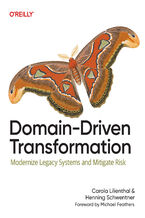
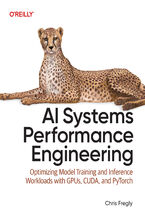

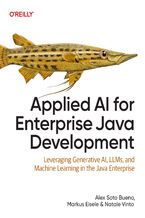
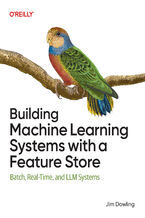

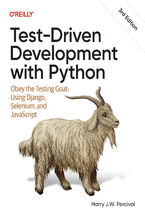
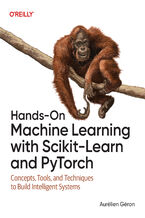

Oceny i opinie klientów: Programming WCF Services. Design and Build Maintainable Service-Oriented Systems. 4th Edition Juval Lowy, Michael Montgomery
(0)